Lebanon faces unprecedented crisis amid political instability
- Update Time : Saturday, December 7, 2024

Last week’s fragile ceasefire between Hezbollah and Israel has momentarily halted hostilities, yet Lebanon’s dire economic crisis has returned to the spotlight. While the cessation of open warfare offers a semblance of hope, the underlying issues of political instability, economic collapse, and pervasive corruption remain critical obstacles to recovery. The country, battered by a prolonged financial meltdown and the devastating aftermath of a 14-month conflict, now faces the daunting challenge of rebuilding not only its infrastructure but also its socio-political fabric.
Lebanon’s economic freefall, which began in 2019, was already one of the most severe globally, with the World Bank ranking it among the worst since the mid-19th century. The recent conflict has only exacerbated this crisis, displacing nearly 1 million people and prompting further capital flight. Reconstruction costs are estimated to exceed $25 billion, adding to the $8.5 billion in economic losses and $2.8 billion in damage to housing infrastructure.
The Lebanese lira has plummeted to new lows following renewed Israeli strikes, highlighting the fragility of the ceasefire and the precarious state of the nation’s economy. For a country already grappling with systemic financial collapse, these setbacks underscore the urgent need for political reforms and institutional stability. Without these changes, Lebanon’s hopes for a sustainable recovery remain bleak.
Tourism, once a cornerstone of Lebanon’s economy, has been decimated by insecurity. Following a modest resurgence in 2022, the industry has faced a sharp decline in visitor numbers. The World Travel and Tourism Council estimates that tourism’s contribution to the national economy will drop from 6.6 percent in 2023 to 5.5 percent in 2024.
The downturn in tourism has had a cascading effect on related sectors. Hotel and flight cancellations have surged, with the ratio of tracked-to-scheduled flights plummeting from 98.8 percent to 63.3 percent during the first month of the war. This sharp decline, more pronounced than in neighboring countries, has led to significant job losses for workers in hotels, restaurants, and other service industries.
The situation has been further aggravated by travel advisories from major countries like the US, UK, and France, warning their citizens against visiting Lebanon due to regional instability. These advisories have had a significant economic impact, as expatriates-who accounted for 63 percent of Lebanon’s international arrivals in 2022-are now hesitant to return. The Lebanese diaspora, numbering between 10 and 18 million, plays a crucial role in the country’s economy. However, without improved security and stability, their contributions are likely to dwindle.
Lebanon has long been a significant recipient of international aid, but the country’s endemic corruption and political dysfunction have rendered such assistance largely ineffective. The cyclical nature of conflict and governance failures has eroded trust in traditional aid mechanisms, both among donors and the Lebanese population.
A June report by Bodhi Global Analysis and the Danish Refugee Council highlighted widespread dissatisfaction with conventional aid approaches. Many Lebanese prefer direct involvement in recovery efforts, reflecting a shift toward community-driven solutions. This approach emphasizes local agency and the potential of the diaspora over dependence on external donors.
To leverage this potential, Lebanon needs innovative financial models that combine philanthropic and for-profit initiatives. Such models could provide the capital necessary to rebuild critical infrastructure, stimulate the local economy, and create job opportunities. However, these efforts will be futile without addressing the underlying political and institutional failures that have plagued the country for decades.
While Israel’s military actions have been a significant source of controversy, Lebanon’s political impasse lies at the heart of its ongoing crises. The country has been without a president or an active government since 2022, with Prime Minister Najib Mikati serving only in a caretaker capacity. This leadership vacuum has crippled state institutions, deepened economic volatility, and exacerbated social divisions.
The recent conflict, which focused on Hezbollah, further highlighted Lebanon’s internal paralysis. Instead of addressing urgent domestic issues, the war diverted attention and resources away from much-needed reforms. Now that a ceasefire is in place, Lebanon faces a critical choice: return to the pre-conflict status quo of political stagnation or push its factions to negotiate a long-overdue settlement.
Such a compromise is essential to breaking the cycle of conflict and corruption that has stunted Lebanon’s development. Agreeing on a president, prime minister, and government structure could encourage regional support, particularly from Gulf countries. This, in turn, could create the conditions necessary for addressing Lebanon’s urgent economic challenges.
The Lebanese diaspora represents a powerful economic force that the state must actively engage. The parliament speaker’s recent call for diaspora support underscores the importance of this community in the country’s recovery. However, mobilizing the diaspora requires more than just appeals for financial assistance; it demands a clear and transparent plan for rebuilding the nation.
Diaspora investments could play a pivotal role in revitalizing sectors like tourism, real estate, and small businesses. Additionally, initiatives to attract remittances and encourage the return of skilled professionals could help mitigate the brain drain that has severely impacted Lebanon’s labor market.
Lebanon’s long-term recovery hinges on comprehensive reforms and effective governance. Key priorities include rebuilding infrastructure, restoring confidence in financial institutions, and re-engaging with international agreements like the Paris frameworks. Negotiations with the International Monetary Fund (IMF) are particularly urgent to secure sustainable financial support and address the country’s mounting debt.
However, these efforts will require political will and cooperation, both of which have been in short supply in Lebanon’s fragmented political landscape. The failure to enact meaningful reforms will not only prolong the suffering of Lebanese citizens but also risk further destabilizing the region.
Lebanon stands at a crossroads. The ceasefire with Israel provides a temporary respite, but the country’s long-term stability depends on addressing its deep-rooted political and economic challenges. By fostering political compromise, mobilizing the diaspora, and implementing comprehensive reforms, Lebanon can begin to chart a path toward recovery.
The alternative-continued paralysis and conflict-will only exacerbate the suffering of its people and further erode the country’s prospects for a brighter future. In the end, Lebanon’s survival as a viable state depends on its ability to rise above its divisions and rebuild a nation that offers hope and opportunity for all its citizens.


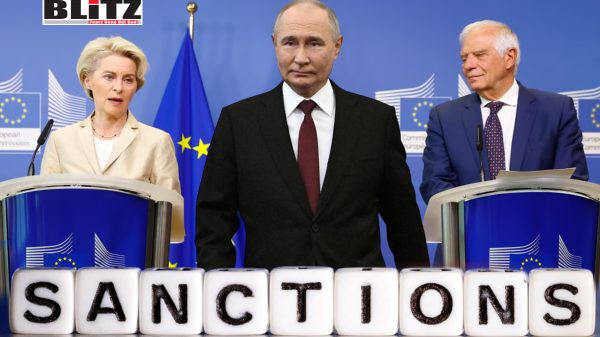
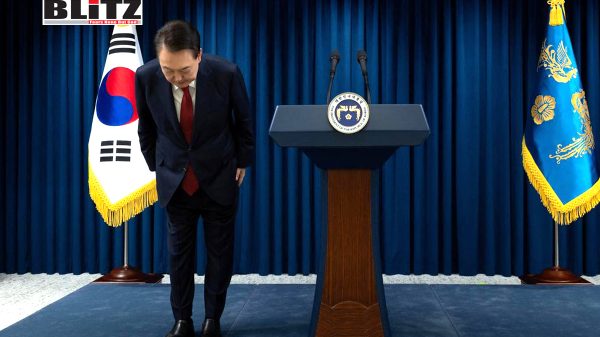

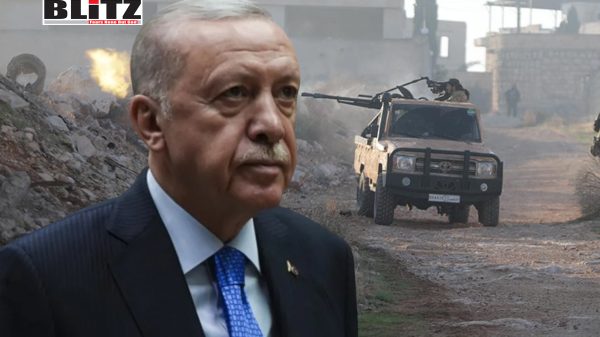
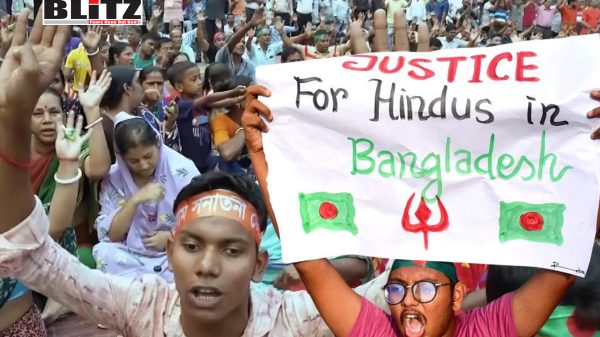
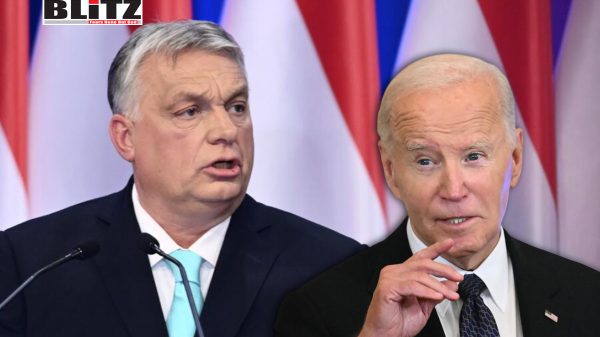
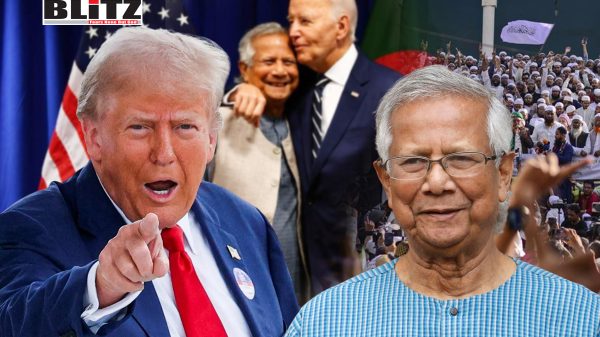
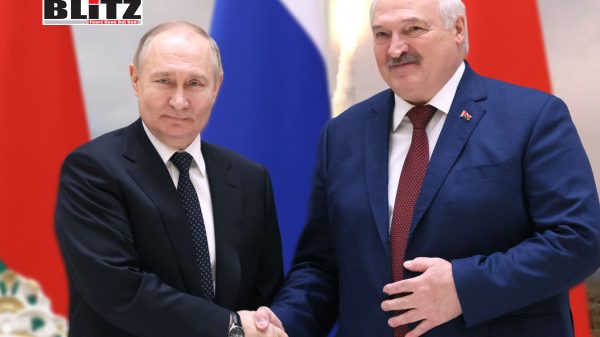
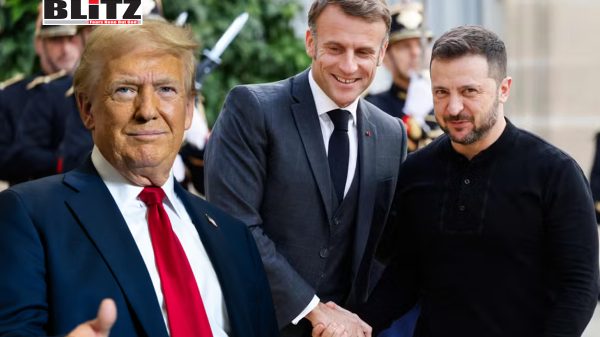

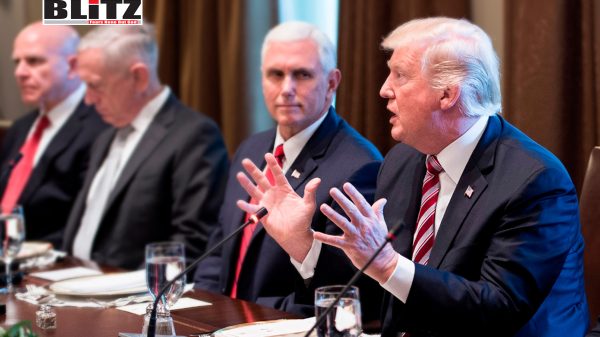
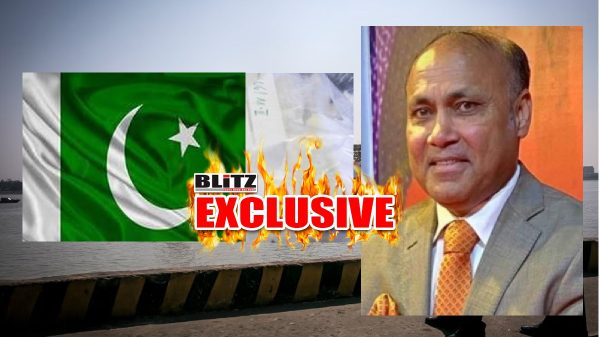

Leave a Reply